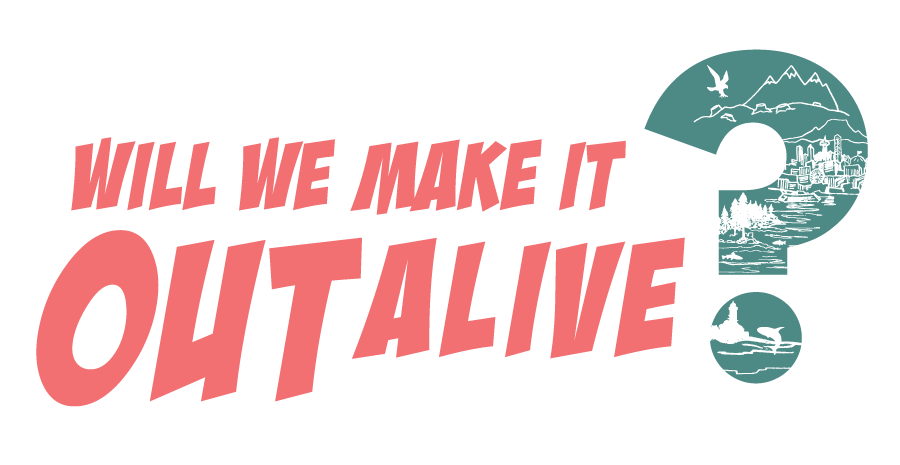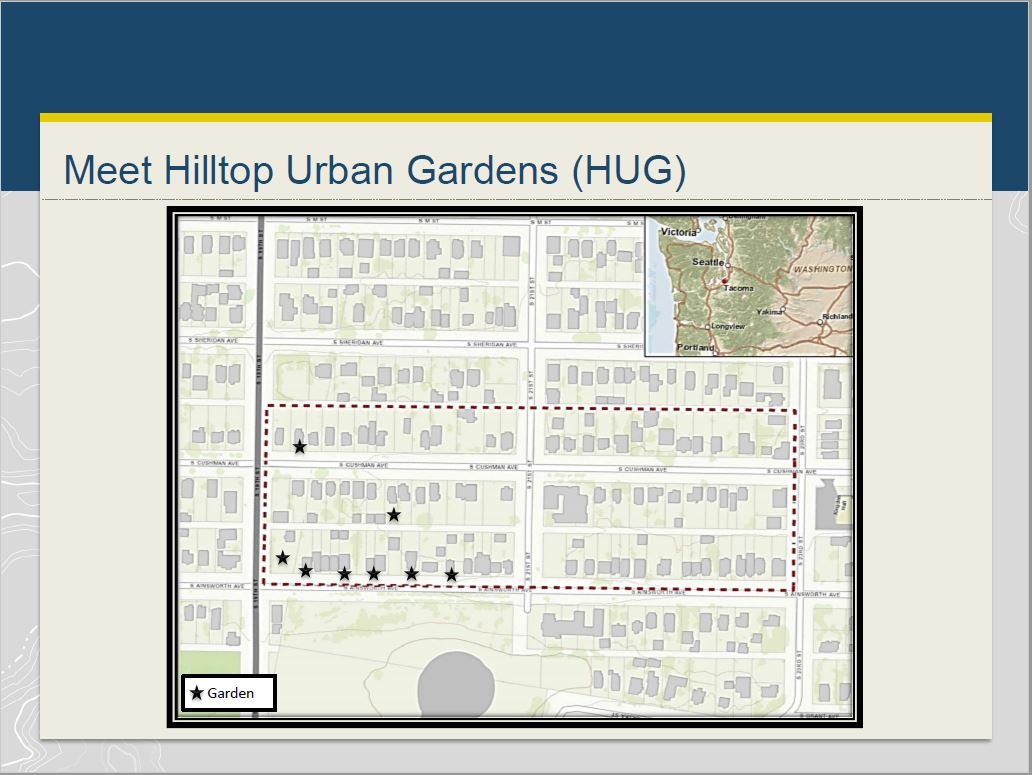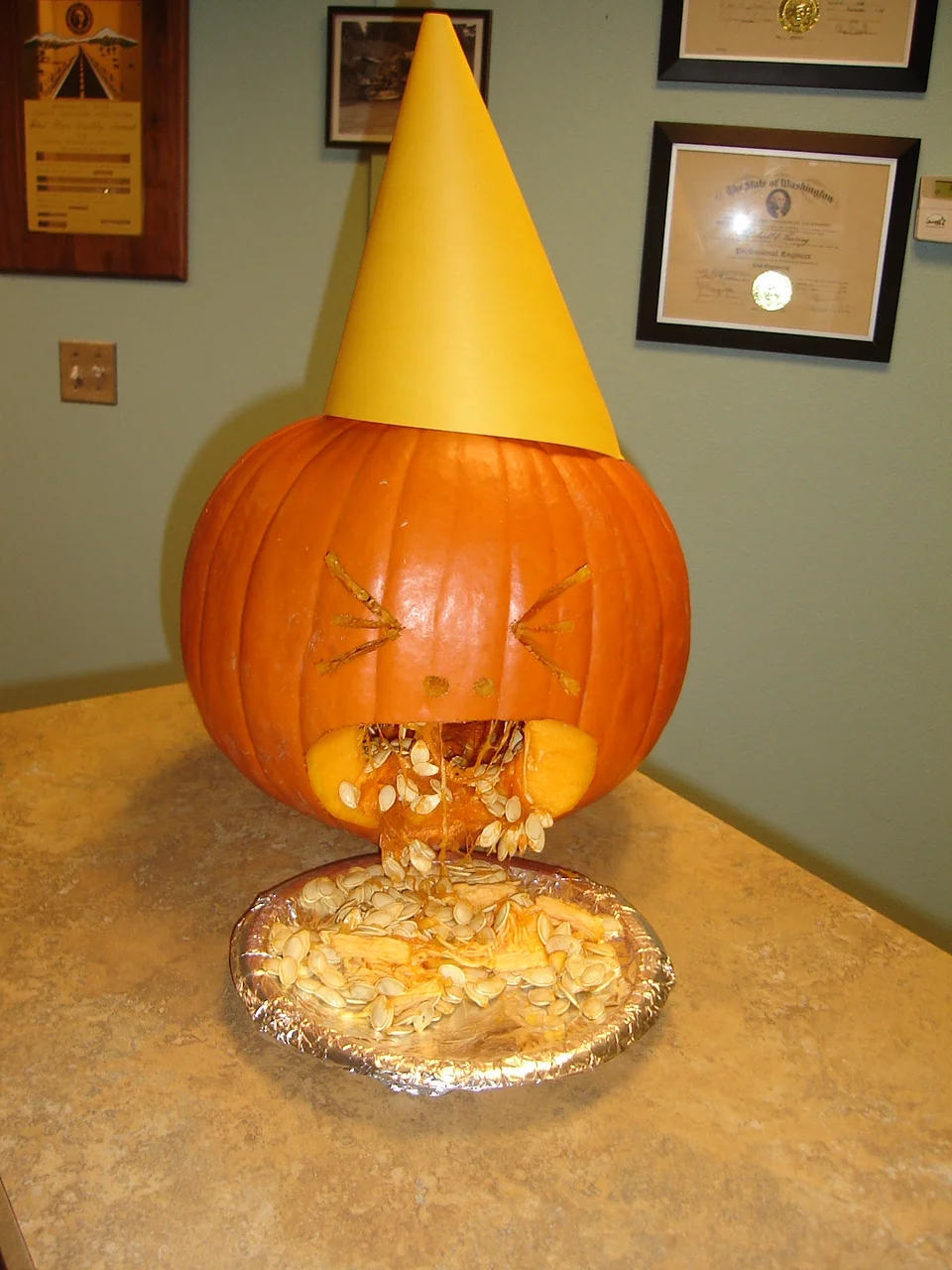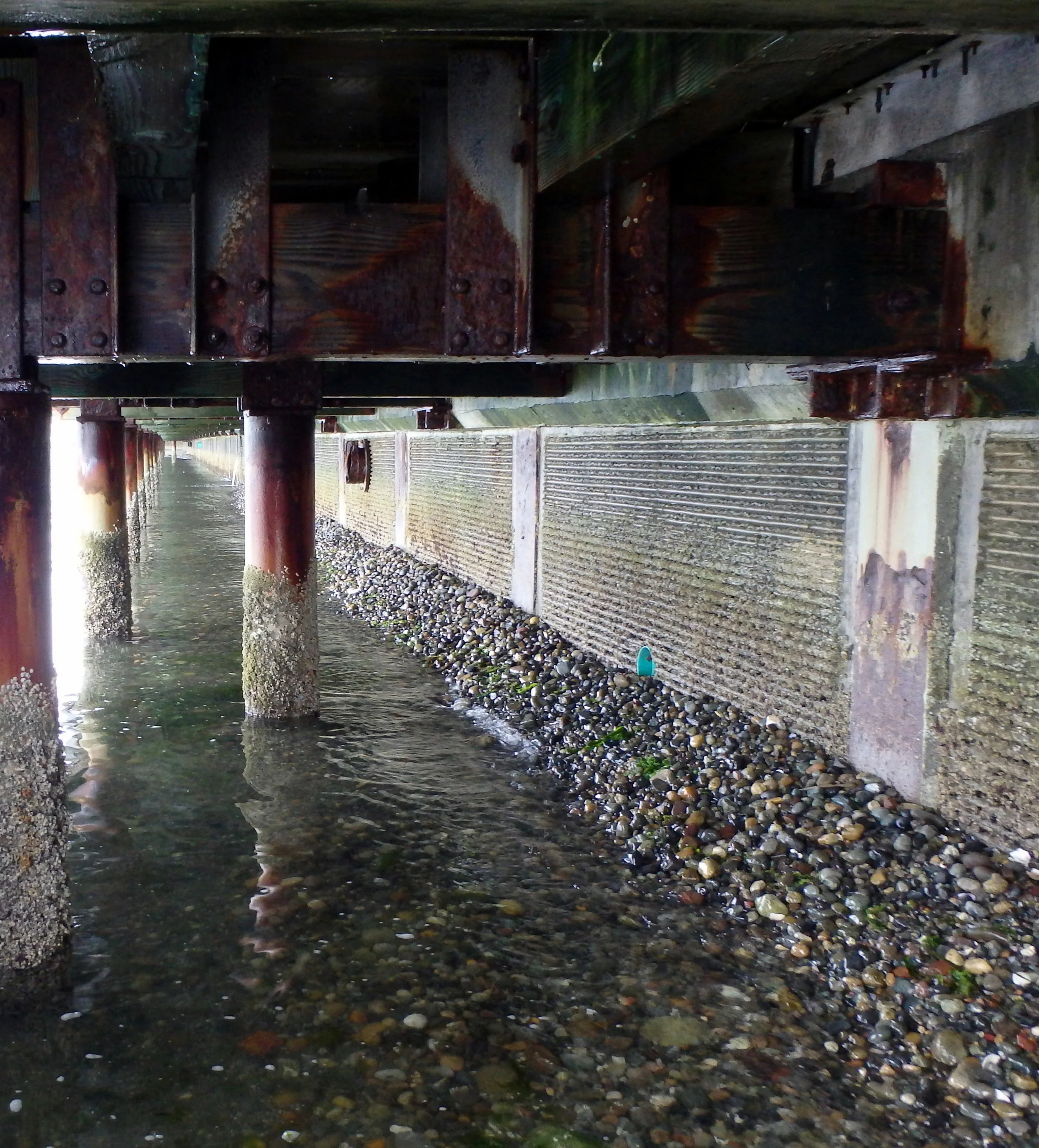Podcast!!!
Hopefully, this is what you are here for, links to our podcast episodes. Want more information on the GIS portion of the podcast? Head over to our How To page. Our podcast is also available on major podcast outlets such as Apple Podcasts, Stitcher, Spotify, Tune In, Castbox, Himalaya and iheartradio. We are currently taking a break, but you can catch up with our latest in Season Three, which is all about the Sustainability in Prison Project in Washington State or check out Season Two about the food system and food justice in the Pacific Northwest or you can go all the way back to the beginning in Season One with is just a variety of environmental restoration, GIS and citizen science and stewardship opportunities.
In this episode we will have our final interview of the season with Kelli Bush, SPP Co-Director and introduce Emily Passarelli, Education and Outreach Manager for SPP. We’ll be chatting with them about SPP’s science education programs in Washington prisons.
In this episode we learn more about the Sustainability in Prisons Project work with the endangered Taylor’s checkerspot butterfly rearing and conservation programs includes special guests Mary Linders and Liz Louie.
In this episode we talk to Kelli Bush, SPP Co-Director and Carl Elliot, SPP Conservation Programs Manager about the Conservation Programs and the Conservation Nursery at the Sustainability in Prisons Project.
In this episode we look at the multitude of partnerships and programs at the Sustainability in Prison Project, how they are formed, special considerations, and how they flourish! Special guests Kelli Bush, Mary Linders and Carolina Landa.
In this episode we interviewed James Jackson, who serves as an education re-entry navigator at The Evergreen State College. He shares some of his experiences with the prison system and the importance of education in breaking the cycle of incarceration. We will also hear again from Kelli Bush, Co-Director of the Sustainability in Prisons Project, who will share more about what SPP is all about.
Season 3 is all about the Sustainability in Prisons Project. In this episode we are honored to interview Dr. Nalini Nadkarni, whose curiosity and out of the box thinking led to the formation of SPP. We will also hear from Kelli Bush, current Co-Director of SPP.
For our final episode this season, we interviewed GIS (and all around) superstar Tonya Kauhi. We learned about how she volunteered to help her community with her GIS Skills at the Hilltop Urban Gardens. While on the surface, this episode appears to be pretty GIS focused, it’s also about thinking outside the volunteer box to identify unique projects where your skill set can help make your community a better place.
In this episode we learn more about community gardens with a twist. We speak with Holli Prohaska from the Urban Farm Collective in Portland, where you don’t have to own land or even rent a community garden spot in order to participate in growing your own food, and where you may have been excited to see slugs in the past. We say, bring back the slugs!
Tiare Gill and Jordyn Egbert from City Fruit in Seattle join us to talk about gleaning fruit from Seattle’s public orchards and private fruit trees and providing it back to the community.
For this episode, we interviewed the previous farm manager of the Mother Earth Farm, Liam McNamara, about the Emergency Food Network and the unique niche that the Mother Earth Farm plays in providing fresh local food to those who need it.
This episode we’re introducing the topic of food systems and food sovereignty and defining some of the main concepts. We are then joined by Nichole Garden, with the Washington State Department of Agriculture, to talk more about food access and different programs the State offers to help people access food resources.
Just here to say we will be back next year! Also Happy GIS Day on November 18th!
In this episode we will learn more about Moledemort, AKA he who must not be maimed, and how you can ditch plastic this July. It’s going to be a short episode this month, but we wanted to get this information to you so you can prepare for Plastic Free July! Also, we are taking a break for the summer, we hope to be back in September!
In this episode we will learn more about the the human and environmental health impacts of plastics, the history and future of plastics, the great recycling myth, a little bit about the zero waste lifestyle, and how to use Cartography to better display information on your maps, which will include my critique on a map that the Magical Mapper is designing. Most importantly, we talk about how You Are Loved!
In this episode we’re bringing you the second part of an interview we conducted last fall with Joy Waltermire from Long Live the Kings, where will learn more about the organization Long Live the Kings and their mission, and how to survive the sound.
We share more about impacts of plastics seen in remote places 20 or so years ago and then we meet up with Liz, the Volunteer Coordinator of the Olympia Surfrider Chapter, discuss Surfrider and their programs, the impacts of plastic bans on plastics in environment, and opportunities for you to connect and volunteer!
We learn more about funny costumes, what’s up with plastic recycling, how to optimize routes in GIS to save time, fuel, and emissions, and how to recycle those odd items in your area if you can’t reduce your consumption in the first place.
We dive into the Puget Sound Partnership and the 2019 State of the Sound Report, how GIS dashboards make life easier and the Call to Action from the State of the Sound Report.
We interview Joy Waltermire of Long Live the Kings about the salmon lifecycle, why salmon are important to the Salish Sea ecosystem, and what challenges they face.
We (long distance) interview Robyn Pepin of Aspect Consulting, about a culvert operation, or how to (smartly) get those salmons (or other critical fish) up the stream!? She also talks about the GIS flow network tool.
We have a short episode this month due to technical difficulties, but we will be back next month with our first interview episode!
We talk about how we almost didn’t make it out alive in the San Juan Islands, the impacts of our armored shorelines, how to coax the hard armor off, how to use GIS to find your identity, and opportunities for shoreline monitoring.
We learn about how sound travels on water, creosote pilings and ghost ships, how the Samish Nation uses GIS in its marine debris removal efforts, and how to report creosote pilings or derelict vessels in the Puget Sound.
We discuss drought in the PNW, how the US Drought Monitor uses GIS, and how you can report drought conditions or become your own meteorologist!
We share a story about how we kayaked in our own urine, discuss the BEACHES marine water monitoring program and how to keep poop out of your swimming holes, the Magical Mapper shares more about templates, but this time for styles and stuff, and we highlight the Clean Marina Program.
Learn about how fire must burn and the coming wildfire impacts on the Pacific Northwest, look super smart with geodatabase templates and hear about the EPA Smoke Sense App and some other volunteer opportunities.
We meet up with Jenn, the Port of Tacoma Biologist and grilled her about some of the Port’s land stewardship and restoration work, and her idea of a great birthday present. Amy attempted to spell hhhuuuvvhhh (retching vomiting sound). We share the magic of the the GIS hot spot tool and how you can participate in local restoration projects!
We learn more about poop! We talk about poop troubles in Thailand and poop in shellfish. We also discuss how to navigate back to a site using your mapping grade GPS data. Finally, we offer information on the student GREEN congress and how you can help connect students to their watersheds!
The Magical Mapper tells us some fun bee facts, and explains how honey is made. The Poop Detective shares some arguably less fun, but very important facts about bees. We share how bees are vital to commercial agriculture and other industries, and explain impacts on the food chain.































In this episode we will learn more about the Roots of Success program from Grady Mitchell, a former participant and current Corrections & Reentry Program Director at Roots of Success.